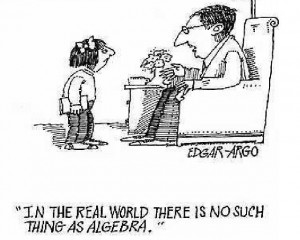Hey guys! So we’ve read a lot on education and about how philosophers like Friere, Foucault, and Gatto strongly dislike the educational system that we have today.However, none of these philosophers, except for Friere (kind of), gave any solution to the problems in education. I think that I might have a partial solution to the problems in education; actually, I didn’t really think of this, but the high school I went to did. I’m thinking that every high school can implement these solutions. The first is allowing a student to do independent study-which I will explain a bit more later- and allowing them to attend a technical school while they are in high school.
So independent study was a really cool program at my school for juniors and seniors. If students were on track with their credits, they could decide to study and research and do projects on things that they found interesting and wanted to learn about. For example, if the only thing that really interested you in high school was molecular biology or learning about the civil war, my high school would partner you with a person who was a professional on that information, and you would work with that person and do research projects for the remaining two years of high school (as well as doing your normal school work).This program is a solution, I feel, because it allows students to be trained in something that actually pertains to the goals that they want to achieve in their life and that can actually be useful to them in the real world. This is one of the big issues that the philosophers had with our educational system, and I think that this program provides a partial solution because students at least have some kind of authority over what they are going to be taught and do in life.
The other program that my high school did was allow juniors and seniors go to a technical school for half of a school day, and then spend the rest of the school day taking their regular classes. So, if the student wanted to become a nurse, or a mechanic, or a cosmetologist, or a photographer, they could get more than basic knowledge and experience in the field of their choice before going into the real world. Also, the technical school is great because it gives students the chance to decide if the program that they’re in is really something that they would like to do for the rest of their lives as a career.
Both of these programs, I believe, give students some power when it comes to their education and what, specifically, they are being taught while in a public/private school system. I believe that if we implement these programs in every school, then education would be a better system overall, and people would be more excited to go to school and obtain a degree. What do you guys think?


